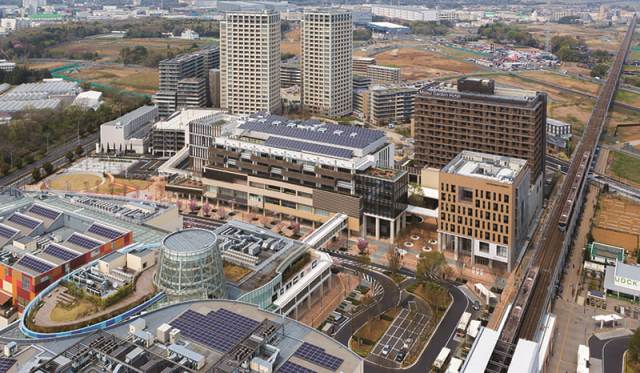Climate change action in cities is critical because urban spaces are significant contributors to climate change: they account for two-thirds of total energy demand and for around three-quarters of global carbon dioxide emissions. Meanwhile, cities are especially vulnerable to the impacts of climate change.
Groundwater depletion, fires, food shortages, sea-level rise, spikes in energy use due to extreme temperatures, Moreover, the increased frequency of floods, droughts and storms affect city infrastructure and the livelihoods and health of residents. More than 1 billion people who live in urban slums and informal settlements are particularly vulnerable to climate impacts, as many live along waterfronts and riverbanks that are prone to flooding.
World in a State of Climate Emergency
In 2017, 70% of the 96 cities that belonged to the C40 network (which represents 700 million people worldwide) reported that they had experienced negative effects linked to climate change. Cities increasingly recognise their critical role in climate change mitigation. By November 2019, more than 1,200 jurisdictions and local governments in 23 countries, representing over 280 million inhabitants, had declared a state of “climate emergency”, including cities such as Bacolod City (Philippines), Bochum (Germany), Christchurch (New Zealand), London, Milan, Toulouse (France), Vancouver (Canada) and Warsaw (Poland).
Climate Change Action in Cities
To mitigate climate change, cities have begun reducing their greenhouse gas emissions by integrating renewables into their decarbonisation strategies. In February 2019, Chicago presented its roadmap for urban resilience, which includes a transition to 100% renewable energy.
Cities also are incorporating the use of renewables in heating, cooling and transport into their climate strategies. The climate roadmap of Helsinki includes decarbonisation of the municipal district heating and cooling network by 2050, including scaling up geothermal and solar technologies; a similar plan exists in Linköping (Sweden). For the transport sector, several cities have strategies to decarbonise the sector, including Oslo (Norway) and Stockholm (Sweden).
Key to climate change adaptation
Decentralised power generation from renewables has been key to climate change adaptation, helping to make energy systems more resilient while reducing risks associated with dependence on external energy sources. After Hurricanes Irene and Sandy hit the US east coast in 2012, communities in the New York metropolitan area began investing in renewables and microgrids to minimise power shortages during storms and boost local energy resilience. To empower local communities in this process, the State of New York launched the NY Prize competition, which provides funding and expertise for community microgrid development. Boulder (Colorado) implemented a solar-plus-storage system in 2018 that enables municipal operations to continue during power emergencies.
In Japan, the Kashiwa-no-ha Smart City district installed a storage facility that can ensure vital services to the community in case of disaster. The facility includes a large-scale lithium-ion battery and a solar PV system that can supply 60% of the community’s normal electricity consumption for three days. In addition, groundwater pumps are connected to the system to provide fresh water in case of a failure of the regular infrastructure.


